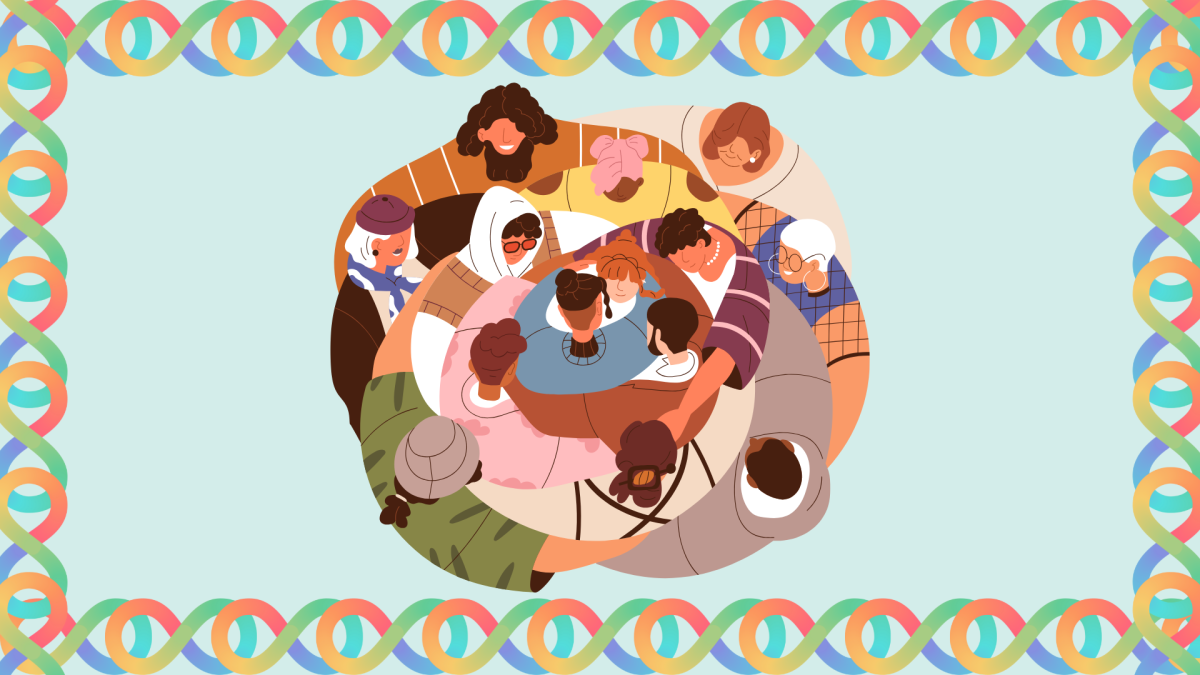According to The World Health Organization (WHO), approximately 75 million people worldwide have autism, which means about 1 in 100 children are diagnosed. This makes it a common neurological disorder among people.
Autism is a neurological and developmental disorder most commonly diagnosed in children. According to the University of California, Los Angeles Health (UCLA), boys are four times more likely to be diagnosed with autism than girls, but experts believe that autism is just as common in females, with approximately 80% of autistic girls being undiagnosed by the age of 18.
Some theories as to why this is include genetic factors. Another reason is many people who are autistic experience intense interest in a subject, and female interests are often perceived as just interests, rather than symptoms of autism. Many times throughout history, autism symptoms were concluded using tests on only male children.
Another reason this could be because of gender-related socialization, where females are perceived as being more aware of social situations than males are, which causes females to be more likely to mask autism traits than males who are diagnosed.
“Masking” is when someone hides their symptoms to appear as though they are not autistic. This can include hiding things they are interested in or avoiding sensory issues they might have. They may also appear to others to be just “shy” rather than having autism.
According to the Simons Foundation Powering Autism Research for Knowledge for Autism (SPARK), many people who mask their autism do so to avoid being made fun of at school or work, or to avoid facing the stigma that surrounds autism. The stigma around autism usually paints those diagnosed as less intelligent, less capable of independence, or badly behaved.
People who have autism may feel alone or isolated due to the stigma they experience from others. This can cause depression and anxiety, and some with autism feel the need to mask their traits to be accepted.
“Masking autism traits might help in the short term, but it can have significant long-term effects,” Ms. Barbara Martz, guidance counselor, said. “It can lead to emotional exhaustion, as constantly pretending to be something you’re not is mentally draining.”
Families of those who are diagnosed with autism can be affected as well. These people can experience judgment or be perceived as bad parents because people think the parent did not teach the child manners or “proper” social skills. Because autism is a neurological condition, one cannot “see” autism. Others do not know why the child is acting out and judge before they know the truth.
The reason many people judge autism is because they do not know what it means. According to Autistica, some misconceptions about autism are that it is caused by vaccines, autism is caused by bad parenting, or that autism can be cured.
One common misconception about autism being caused by vaccines comes from the vaccine for Measles, Mumps and Rubella (MMR). In April 2015, the Journal of the American Medical Association of Pediatrics (JAMA) began its largest study. It included 95,727 children who were either autistic themselves or had an older sibling who had it; it was found that the MMR Vaccine does not cause autism.
According to Behavioral Intervention for Autism, the parenting style itself will not change the fact that someone has autism, but the style can either help or hurt the child in dealing with it. According to UCLA Medical School, autism is genetic, which means that environmental factors cannot cause autism, but they can impact how the affected feel about it. Because autism is genetic, this means that it cannot be cured, but those with autism can receive help with regulating symptoms, including medications and various types of therapy.
Autism cannot be cured, therefore there is no reason to try to “fix” autism in someone. It is a part of who they are.



